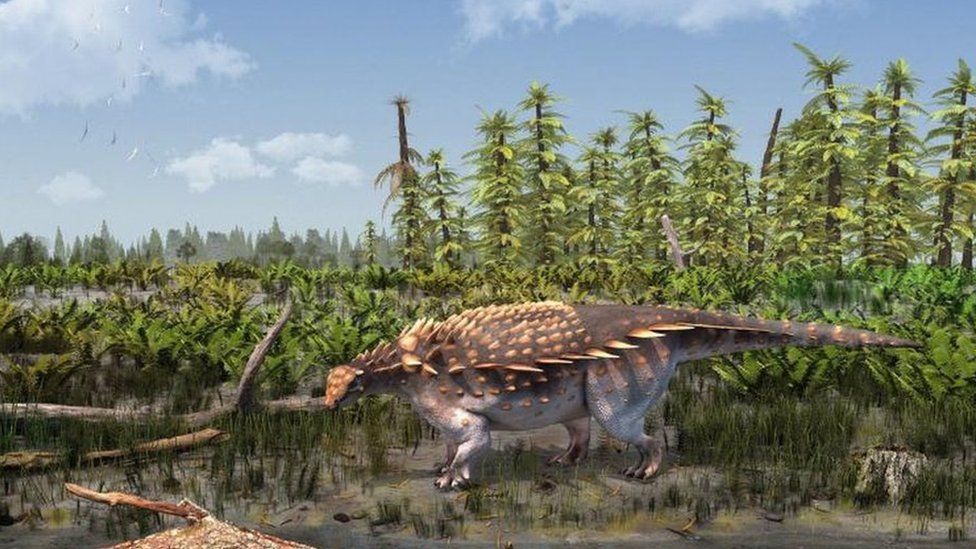- Joined
- Apr 1, 2005
- Messages
- 10,310
- Reaction score
- 6,260
Testosterone in tusks: Hormones in mammoth fossils excite paleontologists
Musth, a time of heightened testosterone levels and aggression in male elephants related to reproduction, has now been identified in woolly mammoth tusks. Remarkably, this is the first time hormones have been seen in the extant or the extinct. And it opens up an exciting new field of paleontology that the team behind the discovery calls ‘palaeoendocrinology’—the study of hormones in ancient species.A paper published on Wednesday in Nature describes that work, in which an international team of scientists studied African elephant and woolly mammoth tusks. Elephants and woolly mammoths are distantly related, and both belong to a group of animals known as proboscideans.


